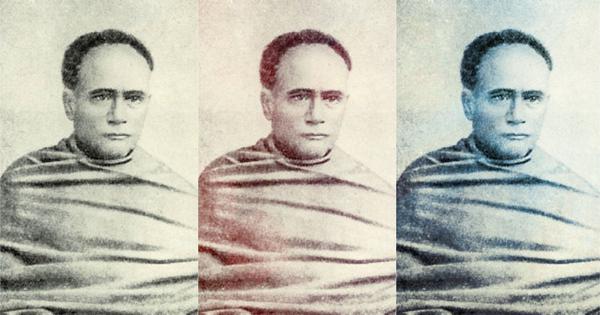In nineteenth-century Bengal, two figures who offer an interesting study in contrast are Rammohun Roy (1772-1833) and Iswarchandra Vidyasagar (1820–’91). Both were Brahmans who were closely associated with reforms related to women-related reform and for that reason, forced to face the wrath of the Hindu orthodoxy. But there the similarity ends.
For Rammohun, the site of social reform lay in religion. Contrary to popular perception, the radical content of his religious reformism was actually greater than his work in the field of social reform. The uniqueness of Vidyasagar, on the other hand, lies in his deftly bypassing the issue of religion altogether as a key to understanding the travails of contemporary Hindu society or culture.
Unlike Rammohun, Vidyasagar neither offered apologetic explanations addressed to the West or the English-educated in India of the Hindu’s…
